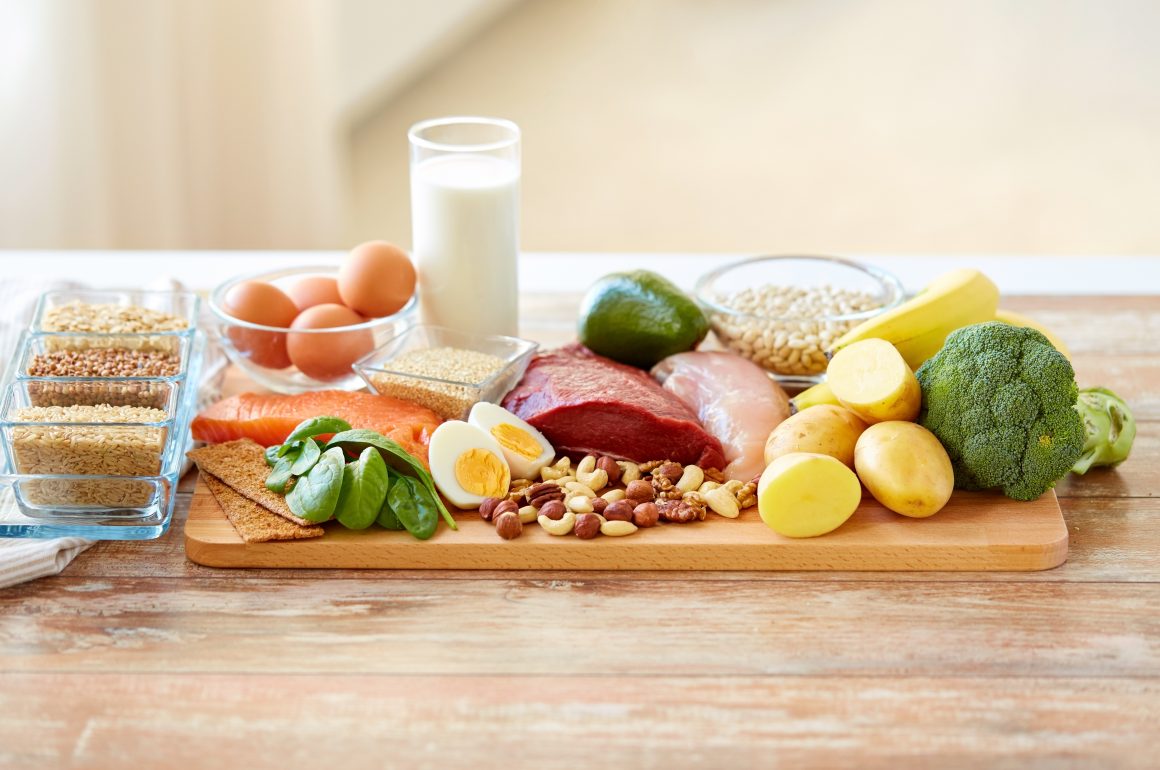
Here are my personal 8 nutritional tips for everyone trying to live healthier:
1. Choose water instead of sugary drinks
Water makes up between 45 and 75 percent of a person’s weight. Leaner people have usually more water because muscle tissue is nearly three-fourths water by weight, whereas adipose tissue is only about 10 percent water. The human body is not able to store “spare” water so we have to replace it as it important functions in our body: heat capacity, cooling ability, participation in Metabolism, pH Balance and Body Fluids are the main functions. An adult male should reach 3.7 liters per day and an adult woman 2.7 liters – these numbers are the total intake, including food, beverages and drinking water. Athletes and active people need more water, due to increased sweat.
2. Choose whole foods over of processed foods/junk food
The goal is to nourish your body on a daily basis with healthy, whole foods. Whole grain products, a wide range of different colored vegetables, a healthy protein source and fruits and seeds are ideal. Processed foods and junk foods might be an option every once in a while, but it should not be the goal. Processed food is made out of lower quality foods and include a lot of added sugar in several forms: sugar alcohol, high-fructose corn syrup and trans fats which increase your total calorie intake immense and don’t keep you satisfied and full for a long period of time.
3. Choose fresh, seasonal and different colored vegetables on a daily basis
Different colored vegetables mean besides a difference in taste or texture, different kind of vitamins and minerals. Eating a rainbow is a great way to make sure you are aiming for a wide range of products, contains a lot of different vitamins. Fresh is in my opinion the better option so you know exactly what you get when you prepare it, you are able to add spices you prefer and can portion it. It is not wrong to go with frozen fruits or vegetables, what I’m trying to say is you know the process of the food the less processed it is. Sometimes manufacturer add additional sugar or salt to canned or frozen products, make sure you read the ingredient list carefully.
4. Choose a healthier carbohydrate source
Carbohydrates provide energy, foods rich in carbohydrates such as whole grains, lemurs fruits and vegetables, are also good sources of vitamins, minerals, dietary fiber and phytochemicals that can help lower the risk of chronic diseases. The two main types of carbohydrates in food are simple carbohydrates (such as sugar) and complex carbohydrates (such as starches and fiber). It is important not to cut out carbs, the key is to choose them wisely: whole grains, whole wheat, and oats instead of white bread, white rice or white pasta makes a huge difference. At least half of your daily carbohydrate intake should come from whole grain products which means they are less processed, contain the whole kernel of grain, which provides the body with fiber, vitamins and minerals. Try to aim for desert maybe on Saturday and Sunday – not everyday. Also I strongly believe in moderation is key when it comes to sugary treats but I wouldn’t recommend cutting them out either. It will lead to intense cravings and over-indulging. Everything in moderation is super important.
5. Incorporate fruits into your daily diet
I would recommend eating fruits on a daily basis. Choose fresh, seasonal, different and local products. Top your granola with fruits, have them as a snack or a small side portion included in your breakfast or lunch. Keep in mind that fruits contain natural sugar which is called fructose, so keep an eye on your portion size.
6. Don’t be afraid of eating healthy fats
If you choose the right fats and the right amount of healthy fats they can have a huge bonus effect on your overall health. Fish, nuts, avocado and some oils are a healthy fat source. Fatty fish like salmon, mackerel, herring, lake trout, sardines and albacore tuna are high in omega-3 fatty acids. Increasing omega-3 fatty acid consumption through foods is preferable. Avocados are a great source of vitamins C, E, K, and B-6, as well as riboflavin, niacin, folate, pantothenic acid, magnesium, and potassium. They also provide lutein, beta-carotene, and omega-3 fatty acids which helps to keep you full and satisfied.
7. Incorporate protein sources into each meal
Protein should be another source you choose from on a daily basis. I personally learned to incorporate at least one protein source per meal. Lean meat, fish, soy products, some nuts like legumes, beans and diary products are good sources for protein. When I incorporate a healthy amount of protein it keeps me full longer and I really enjoy my meal. For example, for a breakfast smoothie I use soy milk (I prefer that taste) or almond milk, sometimes I incorporate protein powder and greek yoghurt to get more volume and nutrients in, for lunch I always add fish or meat to my meal, sometimes even beans like kidney or soy beans – depending on my meal. Same goes for dinner.
8. Limit your alcohol consume
Alcohol doesn’t really nourish your body with nutrients but it is a source of calories, with 7 calories per gram. Compare that to 4 calories per gram of carbohydrates or protein and 9 calories per gram of fat. It is a lot! Have a drink every now and then but try to limit it and make sure to drink plenty of water with or at least after you have consumed alcoholic beverages.
This is my personal list and all of these tips worked very well for my diet and lifestyle. I’m not saying that this is the “perfect blueprint” but maybe it could be a good start for you as well.



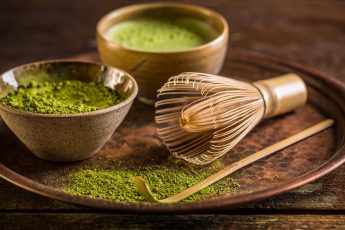

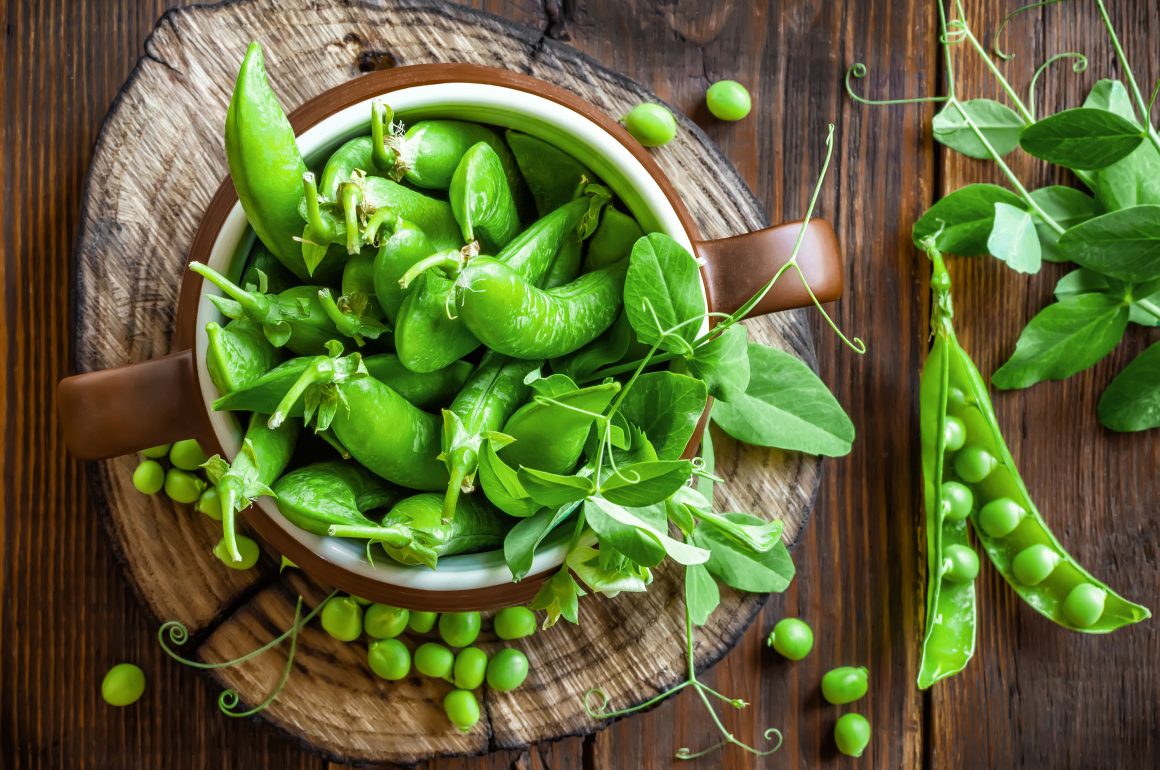
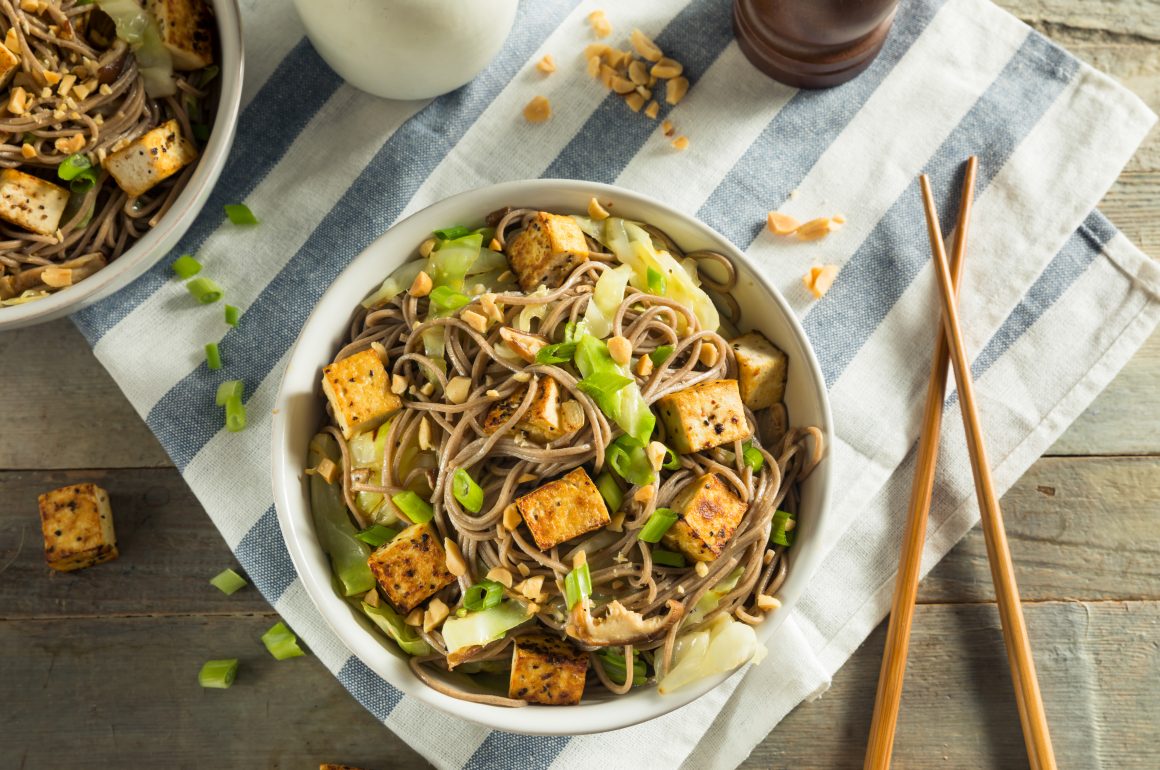
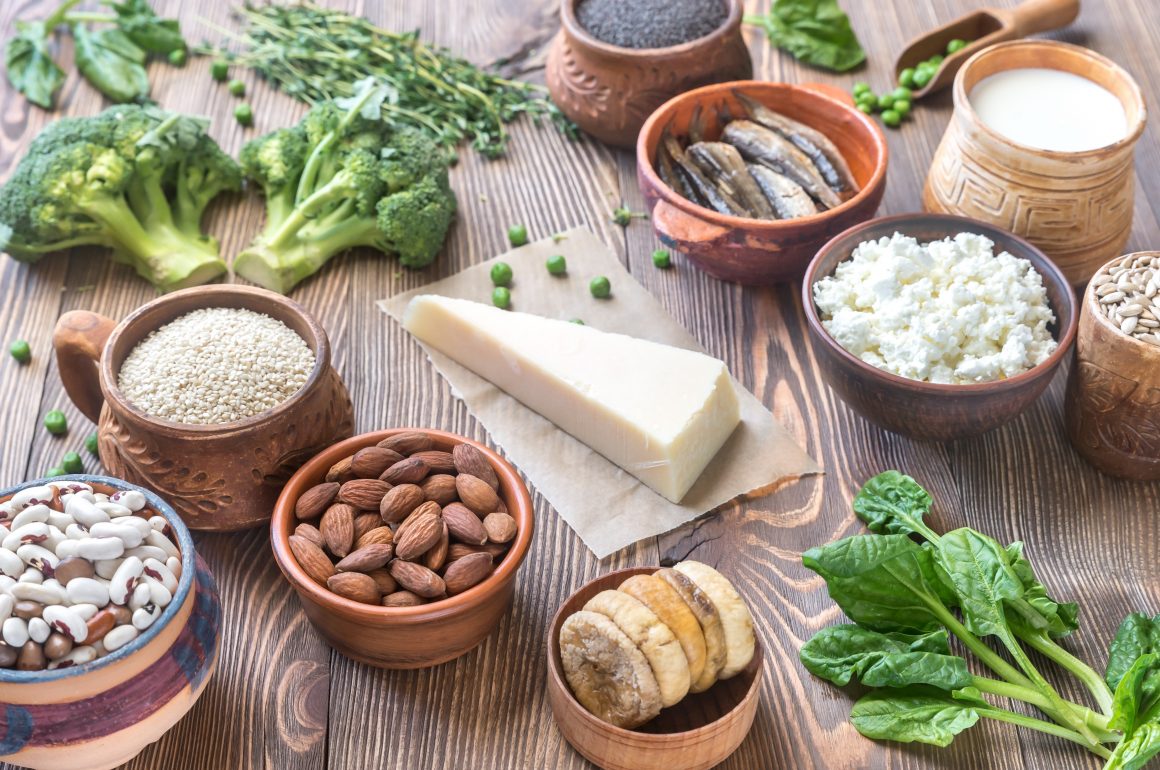
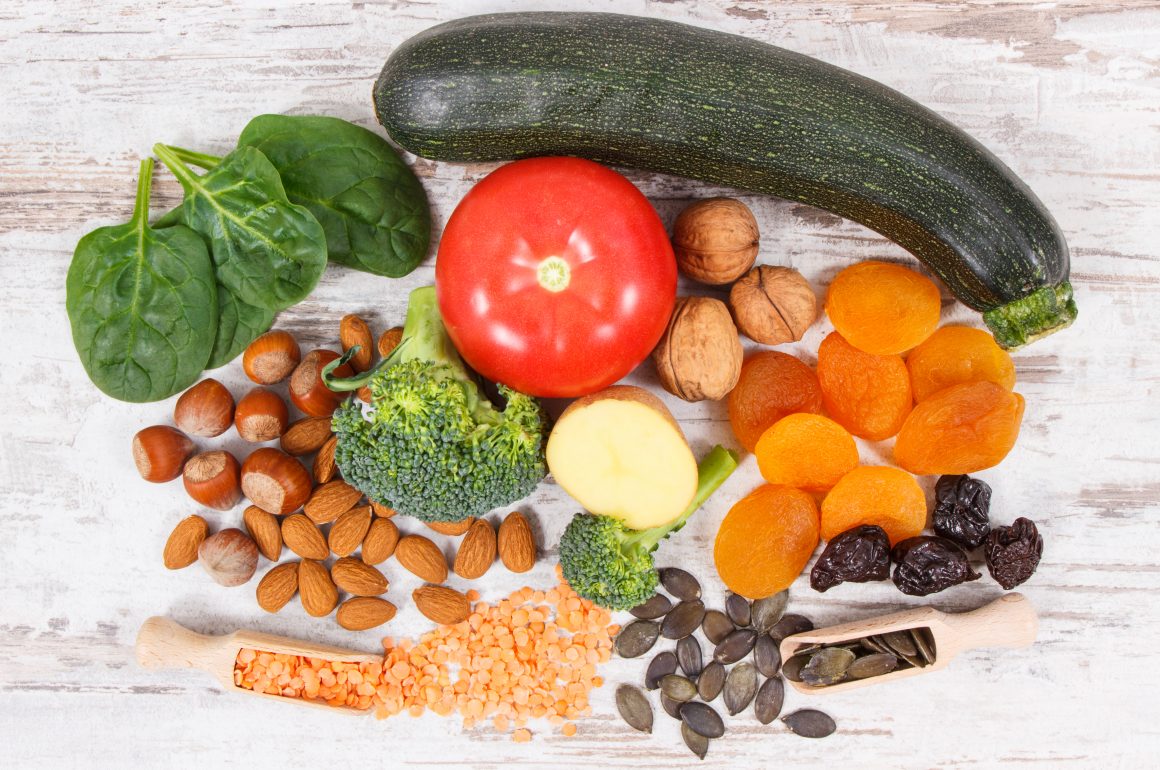
Leave a Comment